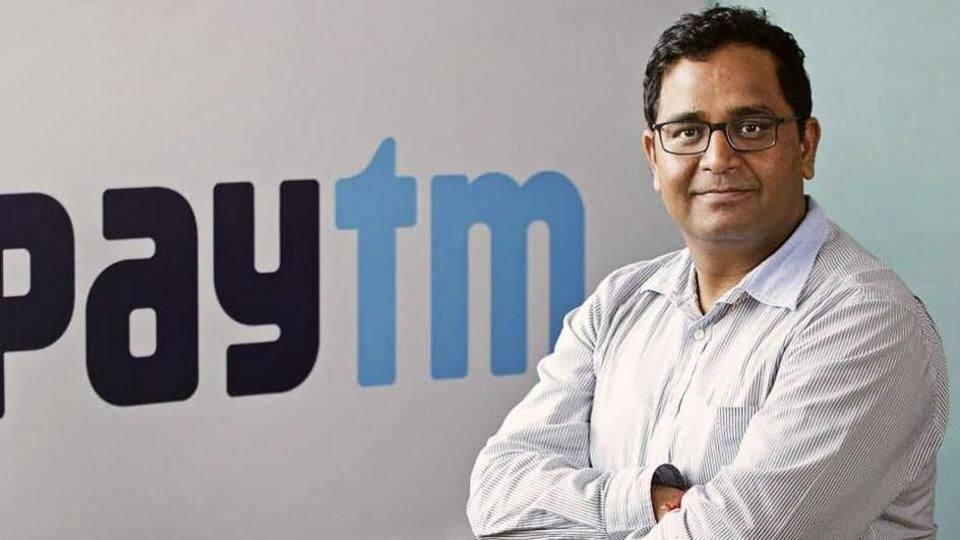
200 Paytm employees including office boy become millionaires after stock-sale
What's the story
About 200 former and current Paytm employees have become millionaires after selling their stocks in the company worth Rs. 500cr. Some 20 of them made over $1mn (Rs. 6-7cr). An office boy gained more than Rs. 20L. The recent sale, its second such, has taken the company's valuation to $10bn. Such liquidation by industry leaders can have long-term ramifications for the Indian start-up system.
ESOPs
In Paytm, ESOPs aren't limited to top or mid-level executives
ESOPs, or employee stock ownership plans, are company stocks, added benefits for employees, generally liquidated when the company goes for a buyback. Paytm awards ESOPs depending on an employee's duration of employment, contribution and potential, it said, and hence isn't restricted to top- or mid-level executives. In the recent sale, new investors included "various family offices and few Western long-hold funds," including Discovery Capital.
Millionaires
The employees who struck gold with the sale
After the sale, Paytm Canada's chief executive Harinder Takhar, who cashed out $6.3mn (Rs. 40cr), emerged a dollar millionaire. Among the rupee millionaires was an office boy, who made more than Rs. 20L. Details of other employees weren't released. Last year, founder Vijay Shekhar Sharma had sold 1% of his shareholding for Rs. 325cr to raise money for Paytm Payments Bank.
Valuation
Latest sale increases Paytm's valuation by $3bn
In its latest secondary sale, Paytm sold shares worth Rs. 300cr; in mid-2017, it had a Rs. 200cr staff cashout. Its latest valuation is $3bn higher than March'17, when it raised funds from SoftBank. It is now the second biggest internet firm in India after Flipkart ($12bn). The company has expanded with multiple products under One97, including Mall, Payments Bank, Money and Wallet.
Flipkart
Flikpart had the largest ever ESOP buyback in December
In December, Flipkart had completed buyback of ESOPs worth Rs. 6.5bn from 3,000 former and current employees across its group companies including Myntra, Jabong and PhonePe, its fourth sale. It was not only the company's biggest, but till date the largest liquidity provided by an unlisted firm to ESOP holders. The sale came after it raised Rs. 254.3bn from SoftBank and Tencent.
Information
What does this mean for the Indian start-up ecosystem?
Such buybacks by leading start-ups, where ESOPs are a significant part of compensation unlike established companies, can usher in a wave of positivity in the industry. The Indian start-up ecosystem has often been criticized for offering stocks that don't translate into actual gains for employees.